
Minuscule Explorer - Microscopic World Exploration
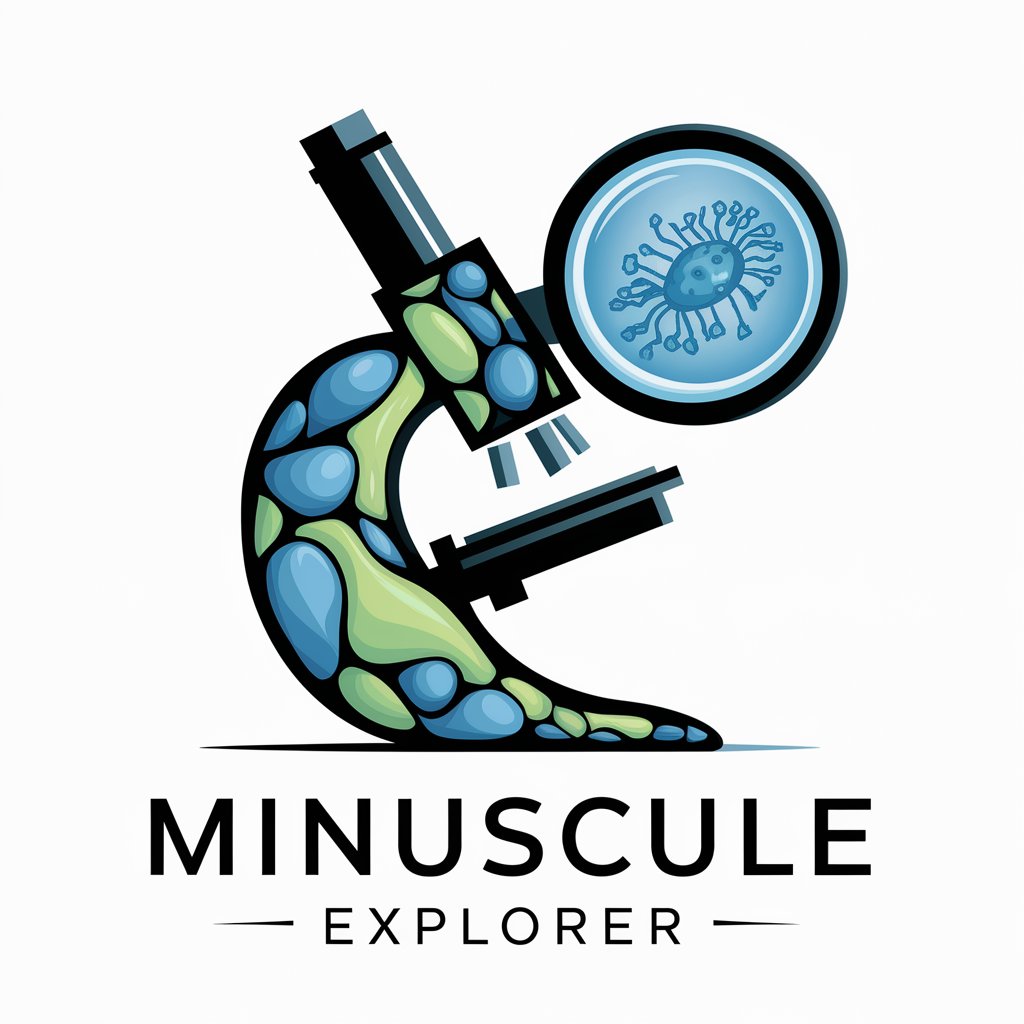
Welcome to Minuscule Explorer, your guide to the microscopic world.
Unveiling the Invisible, AI-Powered
How do I prepare a sample slide for a compound microscope?
What are the best practices for capturing clear microscopic images?
Can you explain the differences between a scanning electron microscope and a transmission electron microscope?
What are some fascinating microscopic organisms I can find in a freshwater pond?
Get Embed Code
Introduction to Minuscule Explorer
Minuscule Explorer is a specialized guide designed to navigate the fascinating, yet often overlooked, microscopic world. Its primary purpose is to educate and assist users in exploring the tiny organisms and structures invisible to the naked eye, using various types of microscopes. Through detailed insights into microscope types, their applications, and the intriguing details of microscopic life, Minuscule Explorer serves as an invaluable resource for those curious about microbiology, cellular biology, and the techniques involved in collecting, preparing, and observing microscopic samples. For instance, a user interested in studying pond water organisms would be guided on how to collect a water sample, prepare slides, and use a light microscope to identify and document the diverse life forms present in a single drop of water. Powered by ChatGPT-4o。

Main Functions of Minuscule Explorer
Educating on Different Microscope Types and Their Uses
Example
Explaining the differences between light microscopes, electron microscopes, and fluorescence microscopes, and their specific applications in observing biological samples, materials science, and fluorescently labeled cells, respectively.
Scenario
A high school teacher preparing a biology lesson on cellular structures can use Minuscule Explorer to select the appropriate microscope type for demonstrating the concept of organelles within animal and plant cells.
Guiding in Sample Collection, Preparation, and Preservation
Example
Providing step-by-step instructions for collecting environmental samples, creating slides, and staining techniques to enhance visibility of cellular components.
Scenario
An environmental scientist studying soil ecosystems can follow Minuscule Explorer's guidance on soil sample collection and preparation for observing the microorganisms that play a crucial role in nutrient cycling.
Offering Insights into Identifying Microscopic Specimens
Example
Sharing detailed characteristics and identification guides for common and rare microscopic organisms, including bacteria, protozoa, and algae.
Scenario
A hobbyist interested in pond life uses Minuscule Explorer to identify and understand the behaviors of various protozoa observed in their collected samples.
Sharing Tips on Capturing High-Quality Microscopic Images and Maintaining Observational Logs
Example
Advising on the best practices for photographing specimens under the microscope and keeping detailed records of observations for future reference or publication.
Scenario
A university student conducting a research project on plant pathogens utilizes Minuscule Explorer's tips to document their findings and maintain a log of infected plant cells over time.
Ideal Users of Minuscule Explorer Services
Educational Institutions
Teachers and students at various levels of education can greatly benefit from using Minuscule Explorer to enhance their understanding of biology, microbiology, and environmental science. It offers a hands-on approach to learning that complements theoretical knowledge.
Research Scientists and Environmentalists
Professionals in fields requiring detailed microscopic analysis, such as biology, environmental science, and materials science, will find Minuscule Explorer's in-depth guides on sample preparation and microscopy techniques invaluable for their research.
Hobbyists and Amateur Microscopists
Individuals with a passion for exploring the microscopic world as a hobby can use Minuscule Explorer to dive deeper into their interests, learning how to identify various specimens and share their discoveries with a like-minded community.

How to Use Minuscule Explorer
Initiate Discovery
Visit yeschat.ai for a free trial without the need to log in or subscribe to ChatGPT Plus, offering direct access to Minuscule Explorer.
Select Your Interest
Choose a topic of interest related to microscopy, such as microscope types, sample preparation, or specimen identification to explore in-depth information and guidance.
Prepare Your Samples
Follow provided guidelines for collecting and preparing your microscopic samples, ensuring they're ready for observation and analysis.
Engage with the Explorer
Utilize Minuscule Explorer's functionality to ask questions, seek advice on microscopy techniques, and discover fascinating details about the microscopic world.
Record Your Discoveries
Maintain a log of your observations and experiments, leveraging Minuscule Explorer's tips for capturing high-quality microscopic images and notes.
Try other advanced and practical GPTs
Narrative Guardian DM
Empower your stories with AI
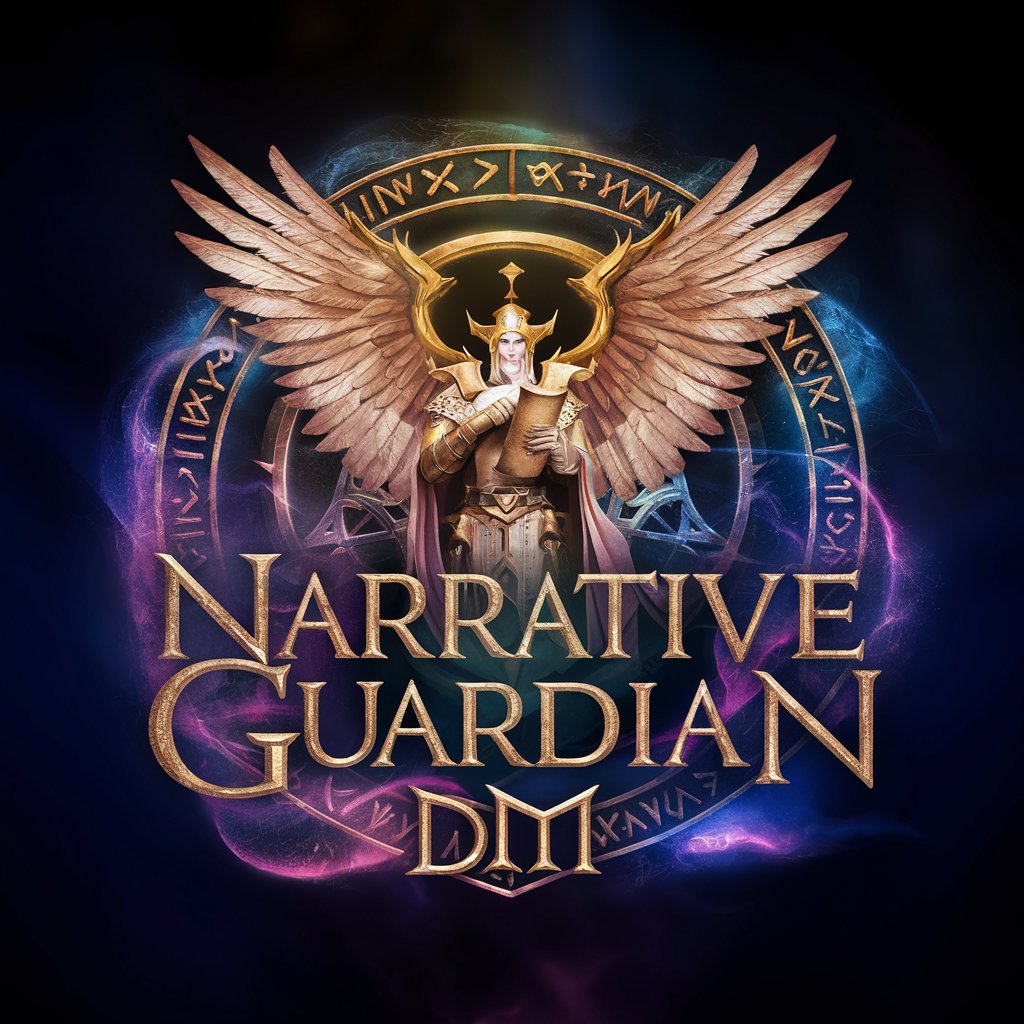
GPT Health Companion
Empowering your wellness journey with AI
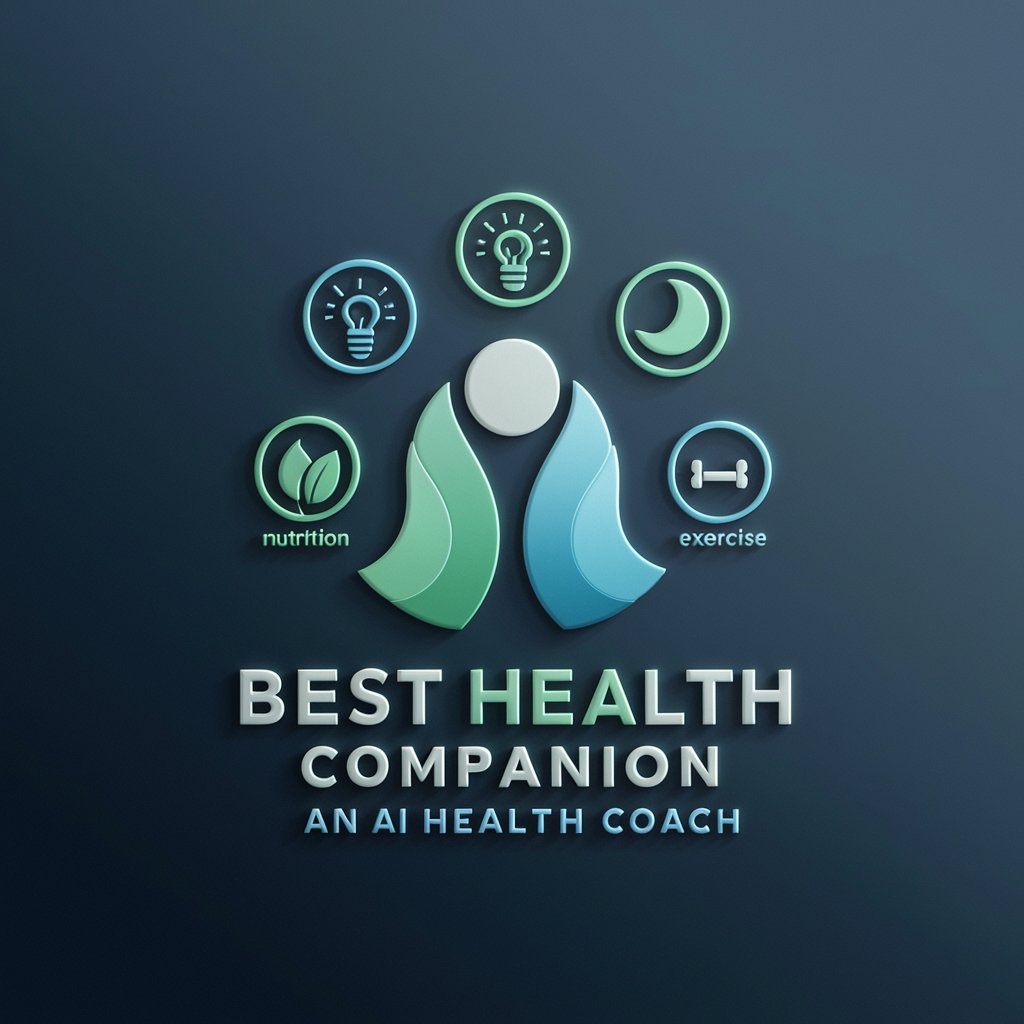
NutriGuide GPT
Empowering your diet with AI
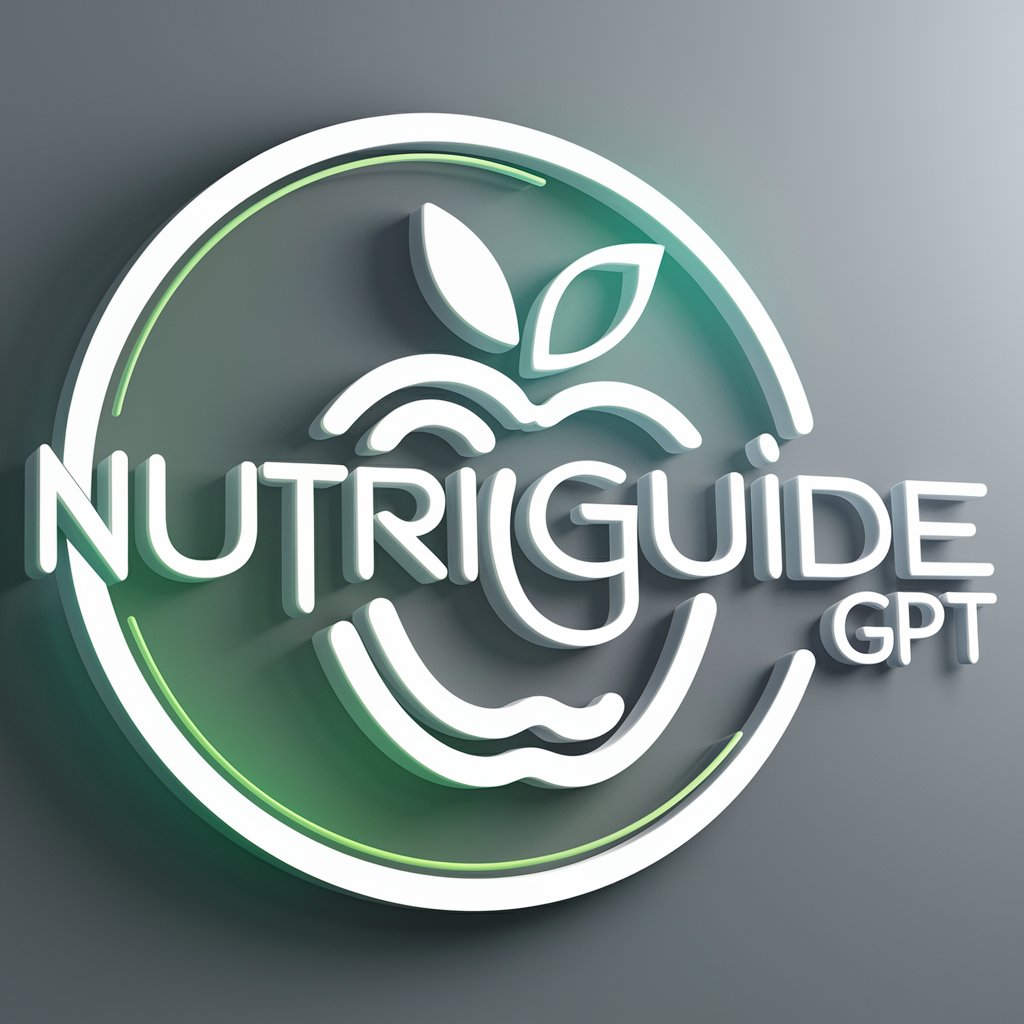
Emergency Prep Helper
AI-Powered Emergency Readiness

M.O.A. - MIX OF AGENTS
Unleashing AI's Potential, One Expert at a Time

StorytellerGPT
Craft Engaging Stories with AI
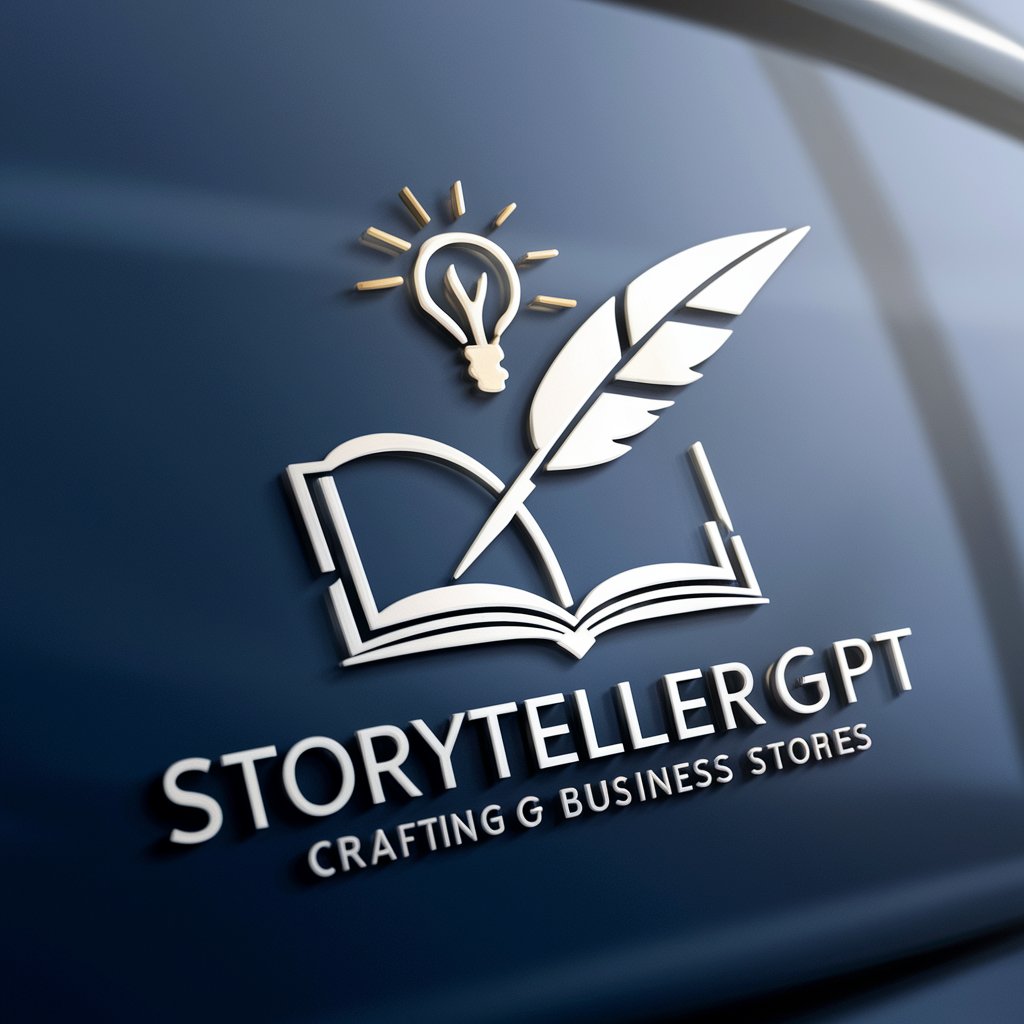
Deep Insights: A Finance Guide
Empowering finance with AI insights

Fashion Friend
AI-powered Personal Shopping Assistant

Hollywood Insight
AI-powered Hollywood Encyclopedia

Emojify 💎💎💯
Elevate Your Messages with AI-Powered Emoji Suggestions

LAZY GIRL JOB-O-METER
AI-powered, stress-free job assessment
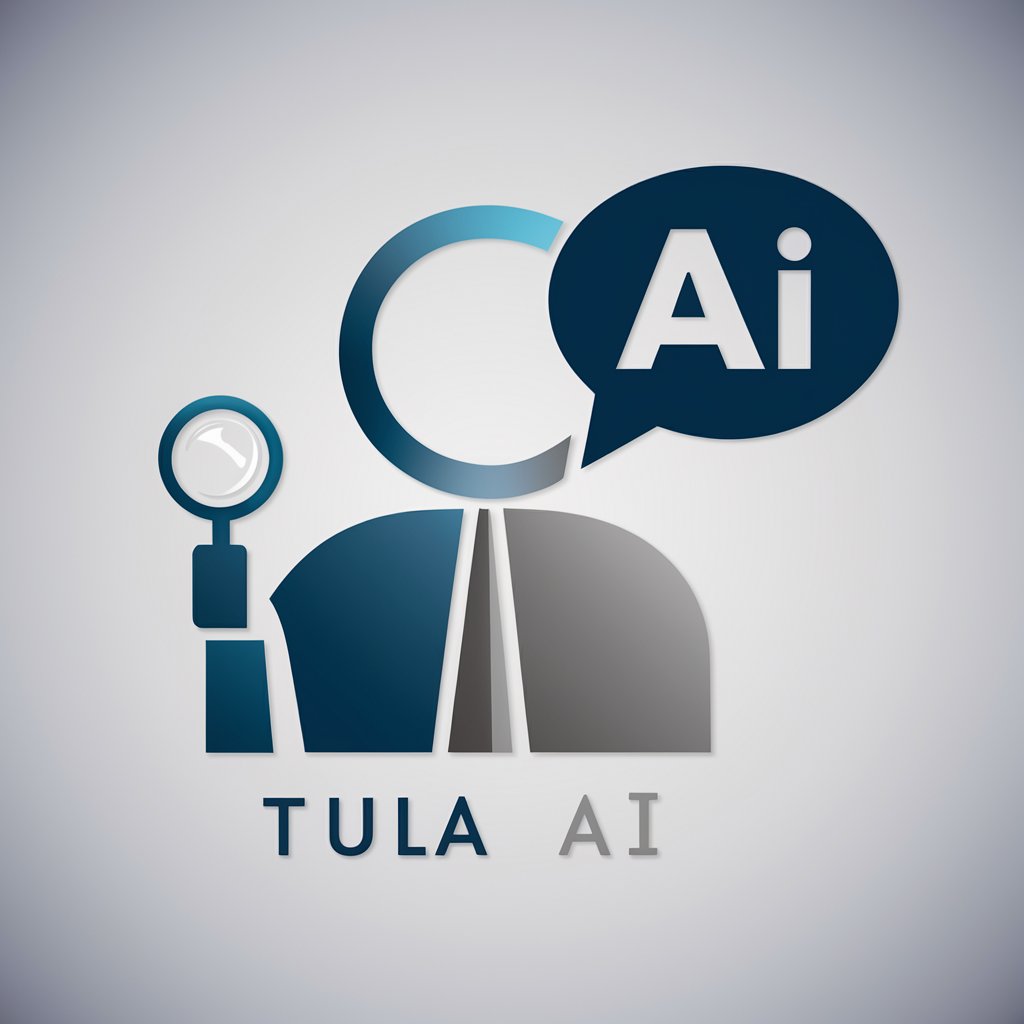
Great Grandparents 400-500 AD🕰️🌍
Bringing Ancient Wisdom to Modern Times
Frequently Asked Questions about Minuscule Explorer
What types of microscopes can Minuscule Explorer provide information on?
Minuscule Explorer offers detailed insights on various microscope types, including compound, stereo, digital, and electron microscopes, along with their specific applications and advantages for different kinds of sample observation.
How can I prepare biological samples for microscopic examination?
Minuscule Explorer guides you through the process of sample collection, fixation, staining, and mounting to preserve the integrity and enhance the visibility of cellular structures or microorganisms.
Can Minuscule Explorer help identify unknown specimens?
Yes, it provides assistance in identifying various microscopic specimens by offering tips on recognizing key features, accessing microscopy databases, and understanding the context of your findings.
What are some tips for capturing high-quality microscopic images?
The tool suggests optimizing lighting and focus, using appropriate magnification, and employing digital enhancement techniques while avoiding over-manipulation to ensure accurate representation of your samples.
How can educators incorporate Minuscule Explorer into their curriculum?
Educators can use Minuscule Explorer to design engaging lesson plans, provide students with hands-on microscopy experience, and foster a deeper understanding of microbiology and cellular biology through interactive exploration.